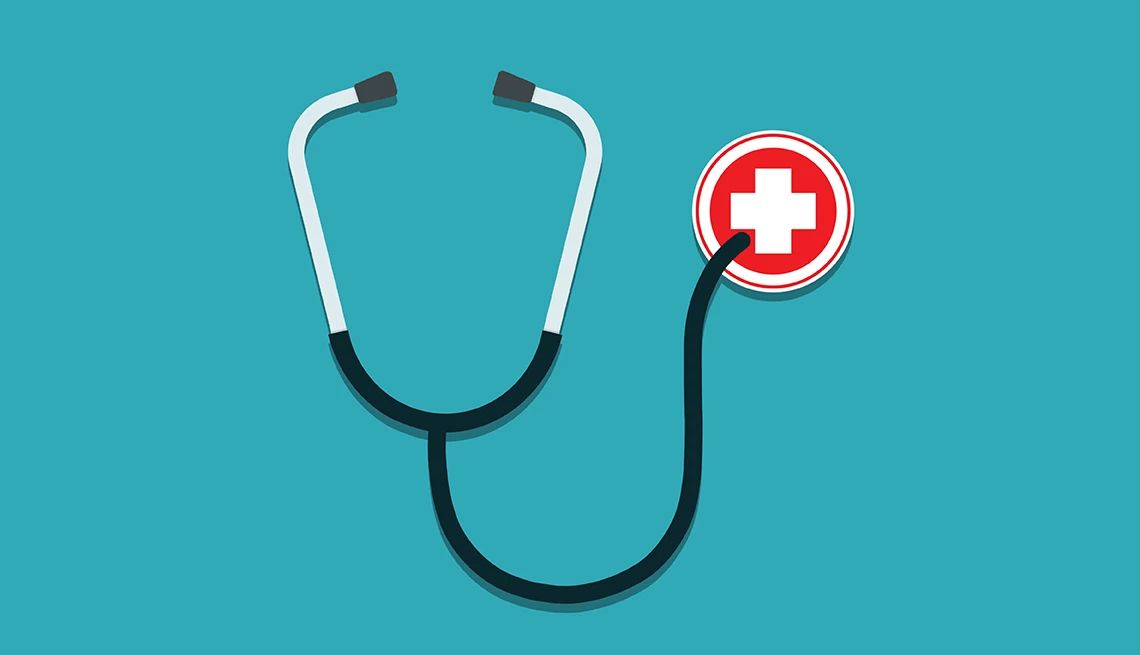AARP Hearing Center


Our world has become more digital, virtual and automated. Still, the post-pandemic economy can at times feel unstable. How do we navigate this new landscape and make the system work for us?
As part of a year-end series, AARP gathered professional guidance on a number of topics to help you outsmart the system. Today’s topic: Health care.
Pharmacy closures
Drugstores are closing retail locations. What options do I have?
Between 2019 and the first half of 2024, more than 7,000 chain and independent drugstores closed in the U.S., according to a University of Pittsburgh study. CVS and Rite Aid have been closing hundreds of stores, and Walgreens announced plans for about 1,200 closures over the next three years. In addition, according to a February 2024 survey, a third of independent drugstore owners said they may also shut their doors before year’s end.
Here are three options to pursue if you need your prescriptions filled.
1. Don’t limit yourself to a single pharmacy choice. If you can, sign up for a health plan that gives you more pharmacy options, advises Dima Qato, an associate professor at the University of Southern California Mann School of Pharmacy and lead researcher for the 2019 study. If you’re on Medicare and need more options, you can switch your Part D drug coverage during the next open enrollment period, starting in October 2025. “People tend to be as loyal to their pharmacist as they are their physicians,” says Ray Walker, divisional director for the Medicare Assistance Program at the Oklahoma Insurance Department. “But if that preferred pharmacy isn’t going to be there in six months, it could create hardship.”
2. Request a special Medicare enrollment period. If your pharmacy closes and the next closest in your plan is miles away, you might not be able to wait to get on a new plan, Walker says. “If a person finds themselves in this situation, they can contact 1-800-Medicare (1-800-633-4227) and request an ‘exceptional circumstance’ special enrollment period (SEP) to switch to a different plan.”
3. Order by mail. This can be especially helpful for drugs that you take regularly, since they get delivered to your doorstep. Look for a mail-order or online pharmacy covered by your health plan, says Elvin T. Price, director of the Geriatric Pharmacotherapy Program at Virginia Commonwealth University.































.jpg?crop=true&anchor=13,195&q=80&color=ffffffff&u=lywnjt&w=2008&h=1154)






























You Might Also Like
Try These Tips for Living a Healthier Life
Small changes can add up to big mental and physical results
Outsmart the System: Shopping Tricks and Tips
Shop smart, whether at stores, online retailers or the car lot
99 Great Ways to Save 2024 Edition
Make your money work harder for you — and save on entertainment, health care and groceries